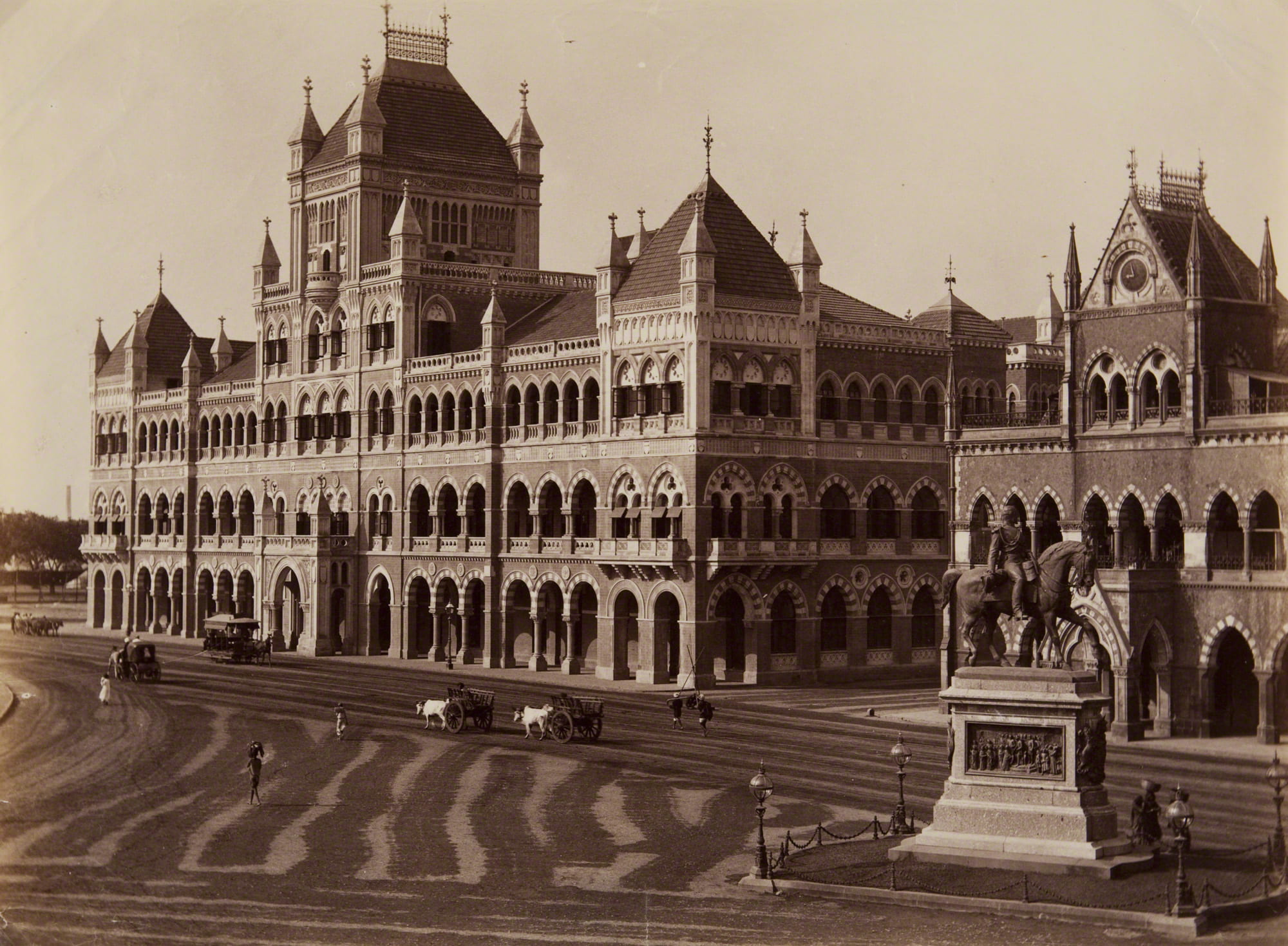Arun Gupto
Institute of Advanced Communication Education and Research Nepal
“Colonialism, Historical, Memory and Nepali Nationalism”
Memories from the British colonial era and the resultant surge of monarchical nationalism are influential factors on the Nepali psyche in general. The Anglo-Nepal War of 1814–16, the Treaty of Sugauli of 1816 between the British and Nepal, the Rana ruler Jang Bahadur’s support to the British with 9,000 troops to help suppress the Indian Revolt of 1857, and the Gorkha recruitments in the British army from early 19th century onward are all major events that have shaped colonial relation with the British in the 19th century and influenced the rise of Nepali nationalism. The paper explores the impact of the key historical events that have determined monarchically-dictated Nepali nationalism. Nationalism is thus the consequence of historical memory and its shaping of emotions as material memory which are manifested in the vast compendia of literature.
Colonialism had liminal presence in Nepal unlike in India and elsewhere in the subcontinent. The causes are many. Nepal may have been ignored, feared, or used strategically. The British exchanged letters from Delhi to London with a strategy to keep the Gorkhas busy by recruiting and sending them to warring posts. Such complex Anglo-Nepal relation paved the idea of Gorkha bravery and heroism and finally monarchical form of nationalism which is still pervasive and popular. “Nepal was never colonized” is a statement of pride, a significant statement of Nepali identity of nationalism. It also is a contested statement to appropriate uncoloniality. Since memory works to form nationalist identity, it bears a double bind of strength and weakness: Gorkha heroism and loyalty, Gorkha empowerment and service to the Raj, resistance to and participation in colonialism, being victors and victims, and actors and acted upon.
Dr. Arun Gupta is Professor of English and Principal of Institute of Advanced Communication, Education, and Research (IACER). His recent publication is Goddesses of Kathmandu Valley: Grace, Rage, Knowledge (Routledge, 2016). His present area of research is Comparative South Asian Studies.
